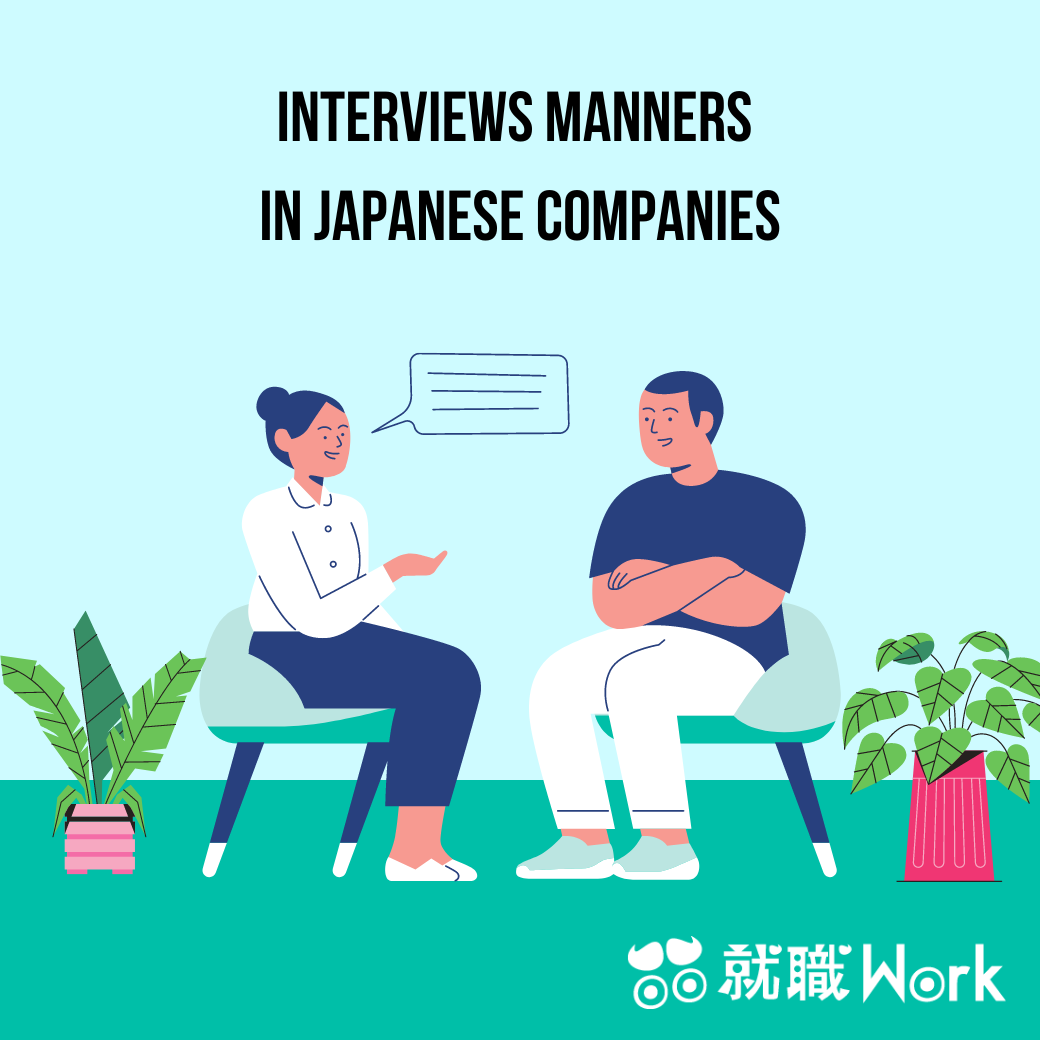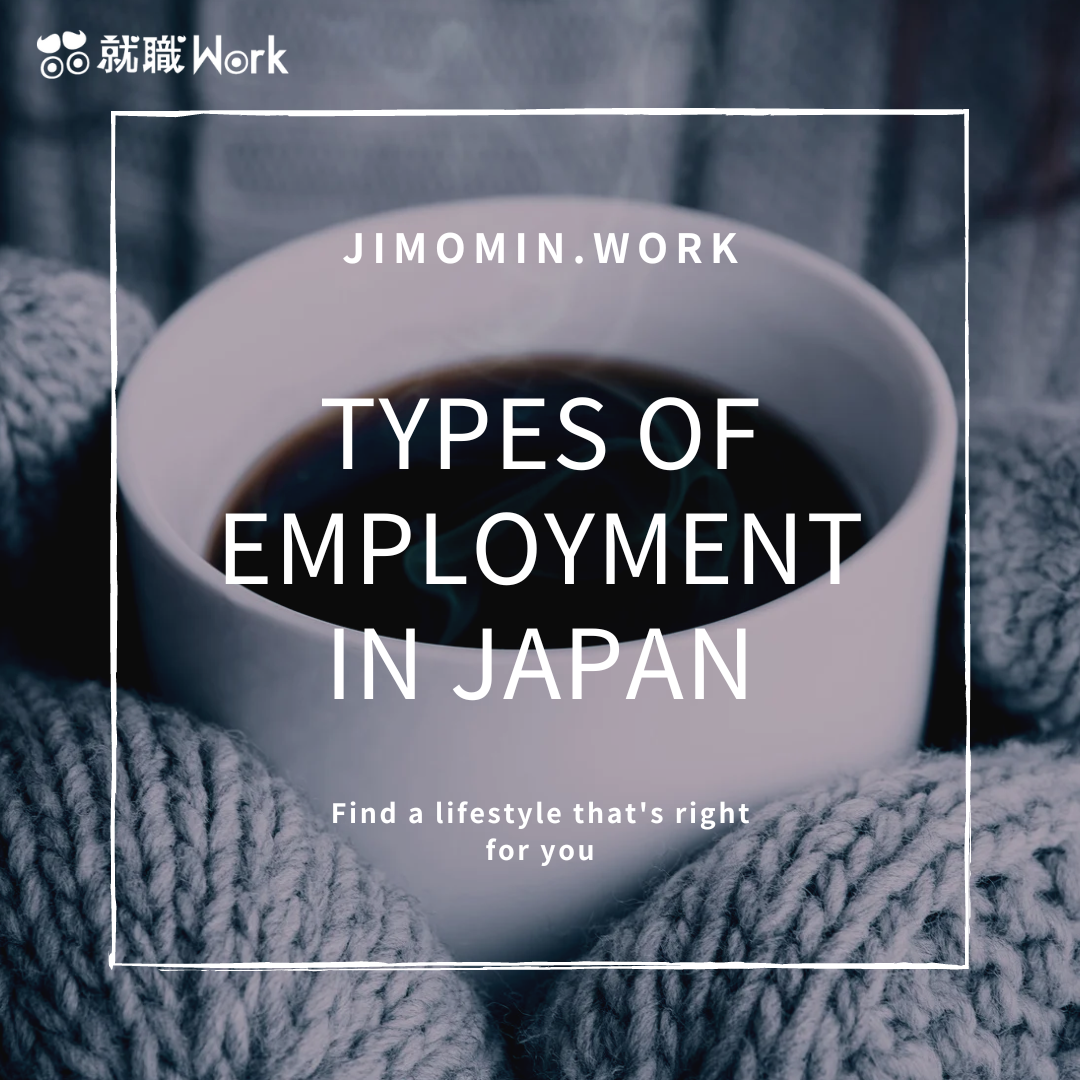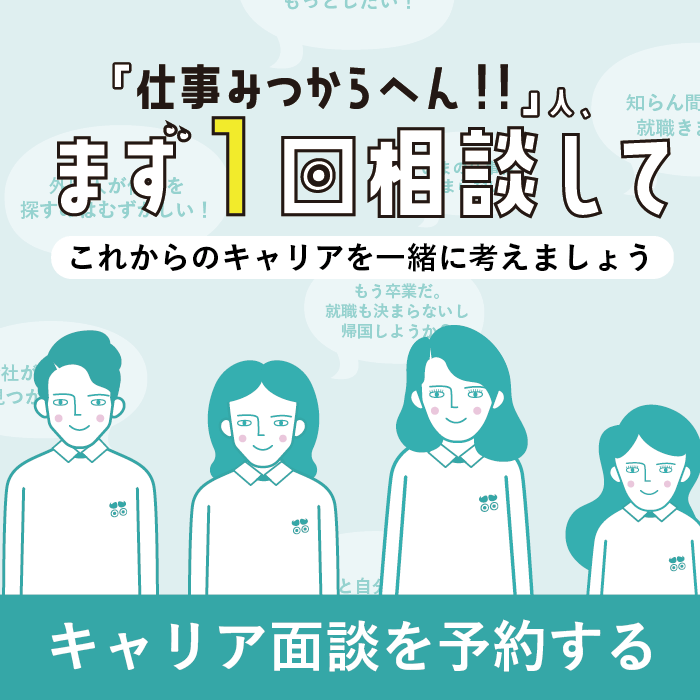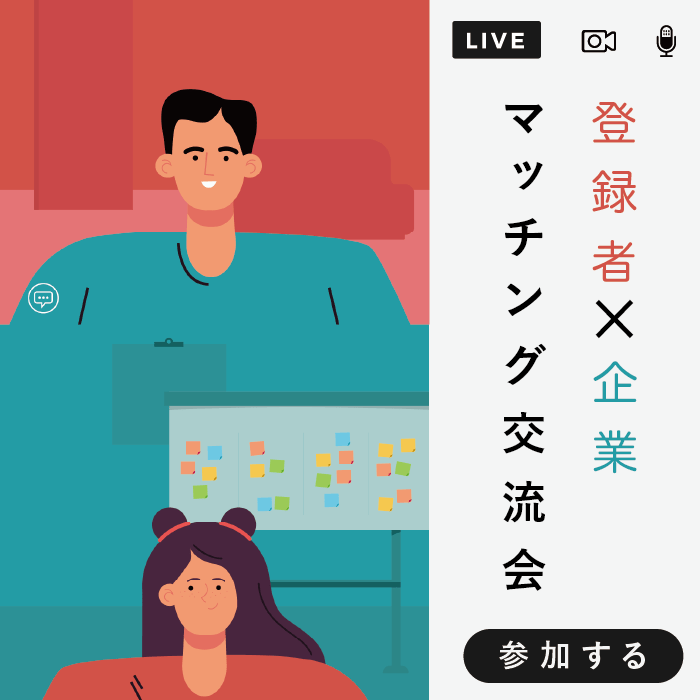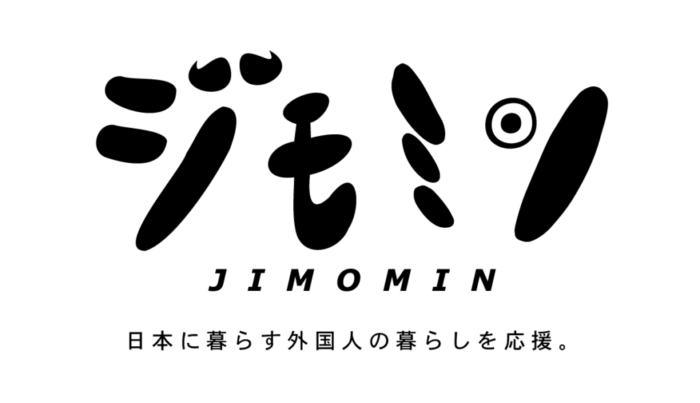The working culture in Japan is unique and sometimes overwhelming. There are different ways to work in Japan depending on your situation. In this article we will briefly introduce the types of employment and furthermore discuss the merits and the demerits of them.
Types of Employment

To begin with, employment is when a company and its employee enter into a contract for work. There are different types of employment. When you are a student in Japan, you are most likely to have part time jobs or アルバイト (arubaito). Once you have graduated you would work either as a full time employee (Employee (Seishain 正社員), contract based employee (Keiyaku shain 契約社員) or temporary staff (Haken shain 派遣社員).
By knowing what types of employment exists in Japan, you can expand your future possibilities and find a lifestyle that suits you.
Employment Agreement

There are mainly two types of employment agreements. One is the “regular employment” (正規雇用) and the other one is the “non-regular employment” (非正規雇用). Regular employment is generally referred to as full time employment and the contract made is directly with the company. On the other hand, Non-regular employment contracts are those which do not employ full time employees such as part time and contract-based employees; it does not have a fixed contract period and does not offer employment benefits.
Merits and Demerits of Each Types of Employment

Regular Employment
Merits
-Stable employment
-Severance pay (depends on the company)
-Salary increase and promotions
-Employment benefits
-Proper training
Demerits
-Full time work
-Overtime
-Might be transferred to a different area or department (depends on the company)
-Might be tasks/activities outside of work
Non-Regular Employment
Merits
-Flexibility in work (such as the working hours)
-Easy to work on your side hustle as well
-No transfer
Demerits
-Little to no training or education programs
-No bonus
-No retirement benefits
-No employment benefits
Summary
There are different types of employment, each with its own advantages and disadvantages. When choosing a job, it is important to carefully examine the employment status and make sure you know which one suits you! Alongside, it is also important to know which VISA you need to attain to have that specific type of employment.
How can we help you!
Those who are not satisfied with their current working style and the company treatment, you can always rely on jimonin.work! Or if you find it difficult to find job hunting guidance in Japanese please do not hesitate to consult our jimomin staff. Jimomin provides consultation in easy-to-understand Japanese and even in English and Chinese. If you are unsure about anything, consult with us first! If you want to work in Japan, start planning for the early stage!




